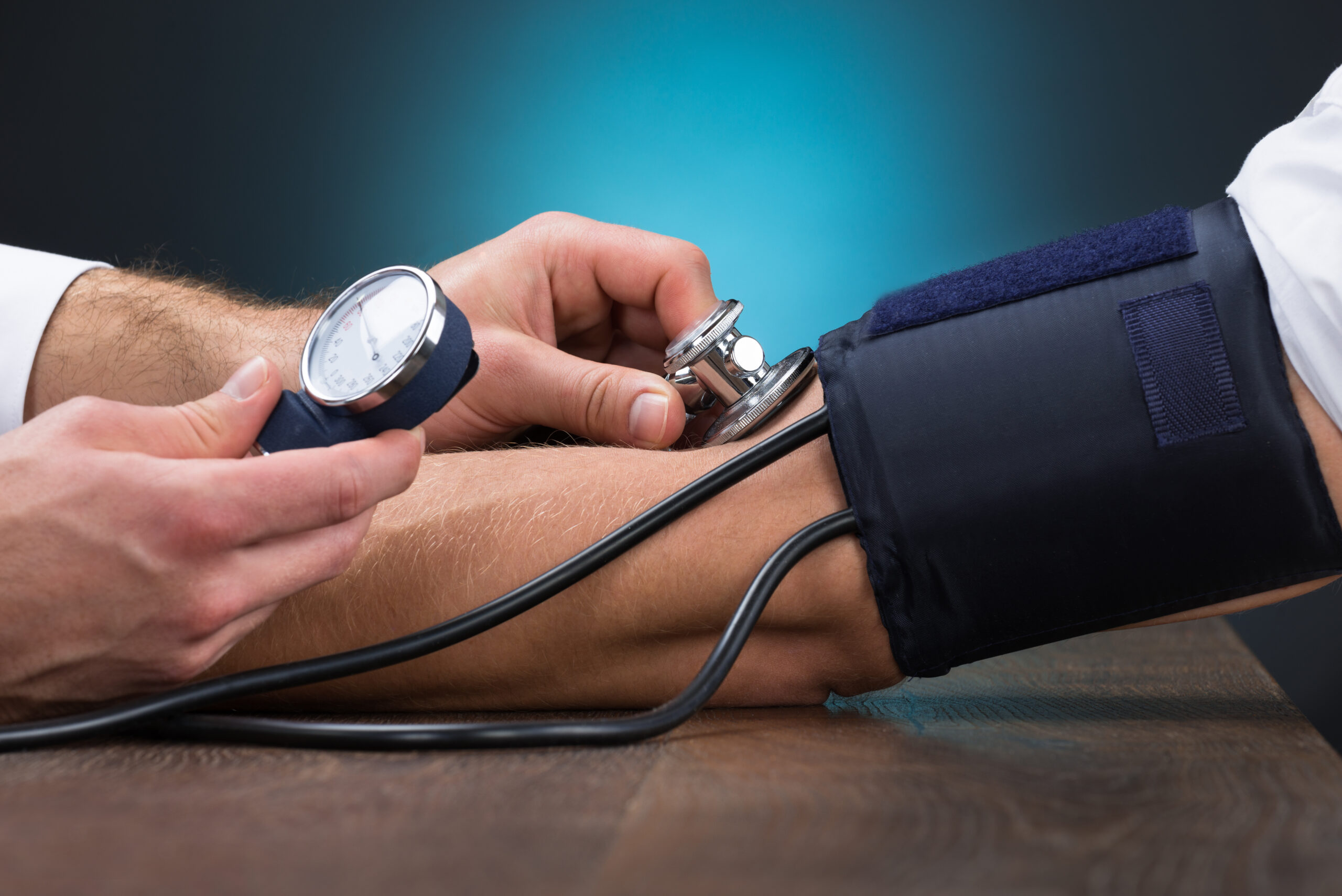Table of Contents

Elevated blood pressure ravages arteries and strains the heart, setting the stage for life-threatening cardiovascular catastrophes.
While medication remains a mainstay treatment, lifestyle shifts offer potent protection without side effects.
1. Mindful Moments
Stress hormones surge during pressure-cooker days, constricting blood vessels and driving up numbers on the sphygmomanometer. Creating pockets of tranquility can loosen this vice-grip.
Mindfulness meditation involves focusing on the present moment, often anchored by the breath. This practice dampens the body's stress response, allowing arteries to relax and blood to flow with greater ease. Even a few minutes a day can meaningfully move the needle.
2. Botanical Brews
Certain plants pack a hefty punch against hypertension. Hibiscus tea, steeped from the flower's tart red calyces, rivals leading medications in its pressure-lowering prowess. Compounds called anthocyanins likely explain this blood vessel-relaxing effect.
Beetroot juice also shows promise for its rich stores of dietary nitrates. Once converted to nitric oxide in the body, these molecules coax constricted vessels to dilate, allowing blood to surge through with less resistance.
3. Pose Power
The slow, controlled movements and deep breathing of yoga may work as well as aerobic exercise to chip away at high blood pressure. Gentler styles like Yin and restorative yoga excel at activating the body's "rest-and-digest" system, countering the adrenaline-fueled fight-or-flight mode that stiffens arteries.
Regular practice also hones the skill of conscious relaxation, enabling more graceful navigation of pressure-spiking situations off the mat. This transfer of serenity to daily life may account for much of yoga's enduring cardiovascular rewards.
4. Sleep Hygiene
Ample, high-quality sleep offers a bulwark against blood pressure spikes. During slumber, a dip in stress hormones allows arteries to relax and recuperate from daytime demands.
But restless nights disrupt this rejuvenating cycle. Sleep apnea further sabotages nocturnal blood pressure control by repeatedly halting breathing and jolting the sympathetic nervous system into overdrive.
Adopting sleep-promoting habits, like ditching screens before bed and keeping a consistent schedule, can safeguard this precious restorative time. Treating underlying sleep disorders is also paramount for optimizing overnight blood pressure dips.
5. Friendly Faces
Strong social connections may be an undervalued ally against hypertension. Loneliness and social isolation correlate with heightened markers of inflammation and arterial stiffness, factors that boost blood pressure.
By contrast, supportive relationships buffer the body's stress responses. Oxytocin, the "cuddle hormone" released during bonding, has even been shown to relax constricted vessels. Prioritizing quality time with loved ones and cultivating a robust social circle may fortify both emotional and arterial resilience.
6. Muscle Maintenance
Strength training often takes a back seat to cardio in conversations about blood pressure control. But lifting weights or engaging in resistance exercises dynamically challenges the cardiovascular system in ways that yield lasting adaptations.
Over time, conditioned muscles more efficiently extract oxygen from the blood, allowing the heart to pump less forcefully. Well-developed musculature may also help siphon excess fluid from the bloodstream, reducing the volume that arteries must accommodate.
Holistic Approach
Taming hypertension demands a multi-pronged approach that nourishes both body and mind. By coupling well-known strategies with lesser-recognized allies like mindfulness, botanical remedies, and social connection, we can dismantle this silent killer from every angle.
As with any major lifestyle changes, patience and consistency are key ― transformative results arise from small habits sustained over time.
Embarking on this journey equips us not only to control a number on a chart but to cultivate richer, more fulfilling lives.
AD
Most Recent
AD
